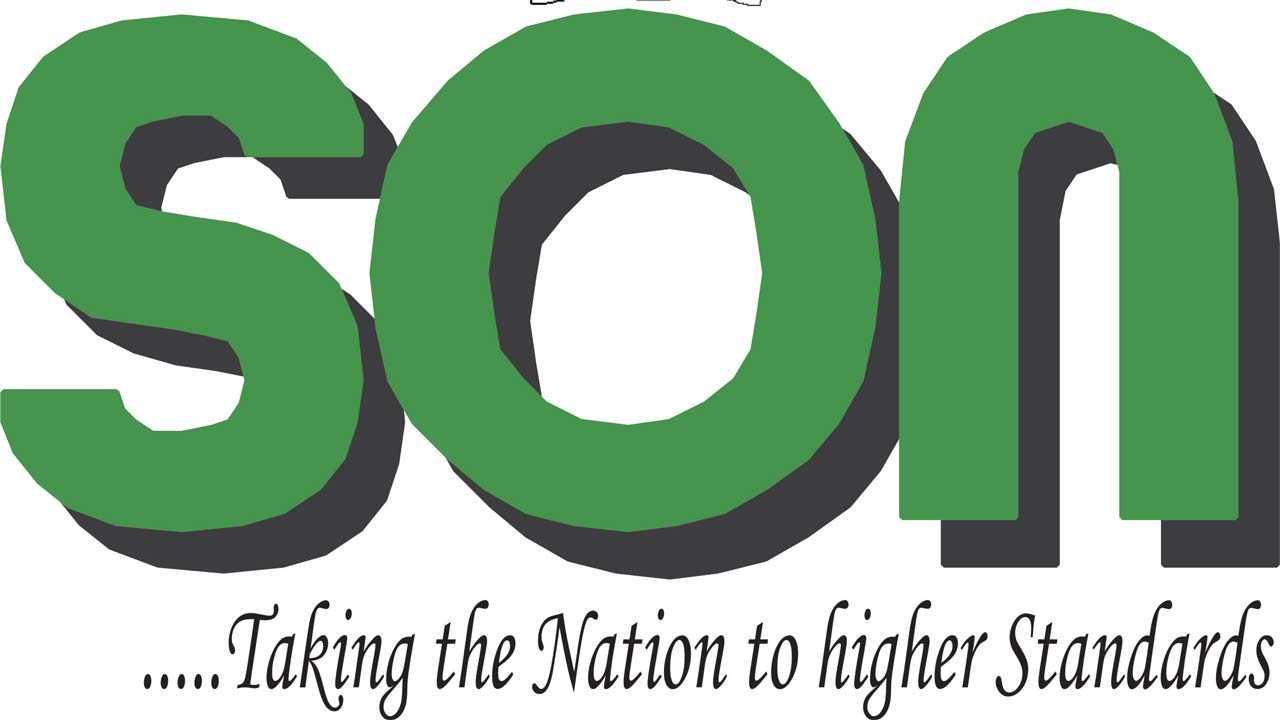- FG Charged to Prosecute Foreigners Peddling Sub-standard Products
The federal government has been called upon to ensure that it diligently prosecutes organisations and individuals, including foreigners, who have made the violation of the Standards Organisation of Nigeria (SON) Act their means of amassing illicit wealth.
A Senior Advocate of Nigeria (SAN) and former Commissioner of Justice and Attorney-General of Plateau State, Prof. Dakas C. J.Dakas, who made the call, said all agencies of government with powers to prosecute must rise to their responsibilities and ensure that such economic saboteurs are brought to book.
Speaking at the SON 2017 management retreat in Lagos, Dakas said such action would send the right signal to the different quarters as to the seriousness of the government to protect its citizens and economy from dubious businessmen.
He said since nobody is above the law, those found to have erred regarding products counterfeiting should be brought to book since Nigerians in other countries are not placed above the laws of those countries.
“There are Nigerians all over the world and some of them are in Chinese prisons and elsewhere and here you find that when foreigners are involved, you don’t really accord the necessary investigations and prosecution. In some cases, the sense of urgency required in sending the message to these foreigners that they are not above the law and can not trample on Nigerian laws and get away with it is not there,” he said.
Dakas who was also served as Director of Research at the Nigerian Institute of Advanced Legal Studies (NIALS) said the law was indeed a welcome development in the light of the fact that sub-standardisation had become a major problem in the country, adding that it constitutes a great risk to life and economy of Nigeria. He said with the new SON Act, that those who fake products would know that it was no longer business as usual, as punitive sanctions awaited them.
He made reference to the recent haul of substandard tyres valued at about N5billion in Lagos, saying the damage would have been colossal had SON not intercepted the products.
“So, it is a milestone that the law had been amended. There may however be areas to look into again,” he added.
Dakas also expressed the hope that the National Assembly would continue to work in concert with the SON to ensuring that the problem of substandard products was effectively contained in the country.
He, however, bemoaned what he described as politicisation and rivalry going amongst the agencies rather than collaboration.
He said collaboration is important for success as no critical agency of the federal government could actually work in isolation.
“So, my expectation is that instead of inter-agency rivalry, there should be more inter-agency collaboration. There is a lot of room for everyone and I think it is for all of us to stay in the bigger picture because of the fact that whatever we are doing, we are doing so on behalf of the Nigerian public,” he said.


 Forex2 weeks ago
Forex2 weeks ago


 Naira2 weeks ago
Naira2 weeks ago
 Billionaire Watch1 week ago
Billionaire Watch1 week ago




 Naira2 weeks ago
Naira2 weeks ago




 Naira1 week ago
Naira1 week ago




 Naira4 weeks ago
Naira4 weeks ago
 Nigerian Exchange Limited4 weeks ago
Nigerian Exchange Limited4 weeks ago


 Naira3 days ago
Naira3 days ago





















